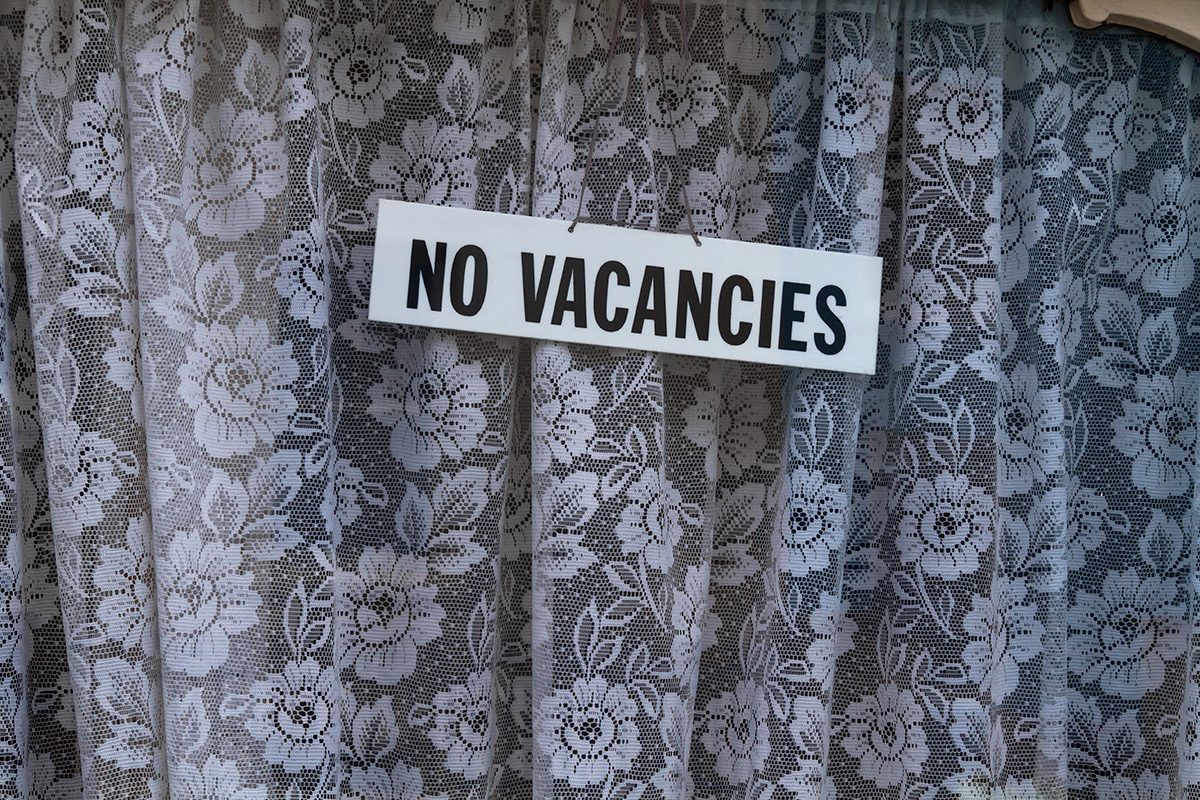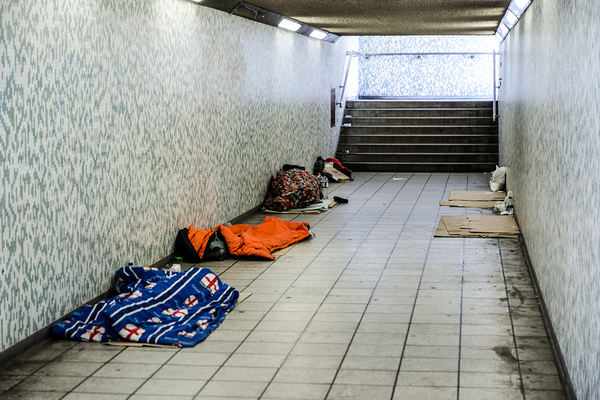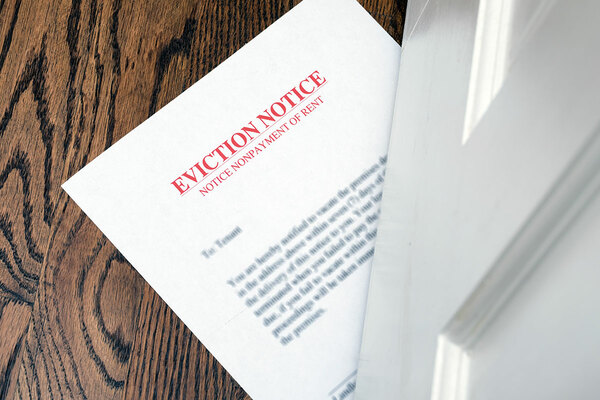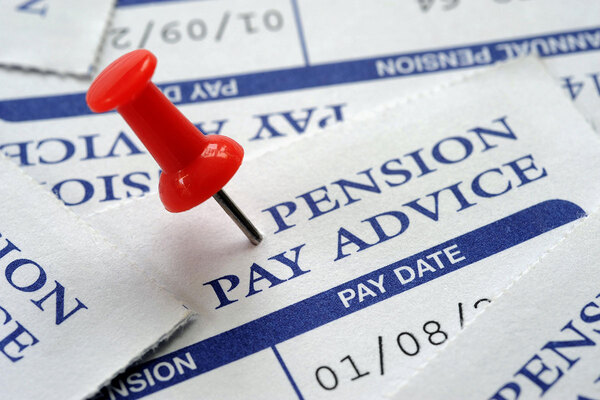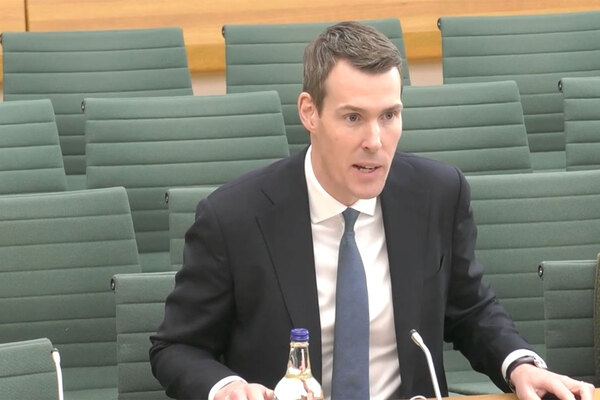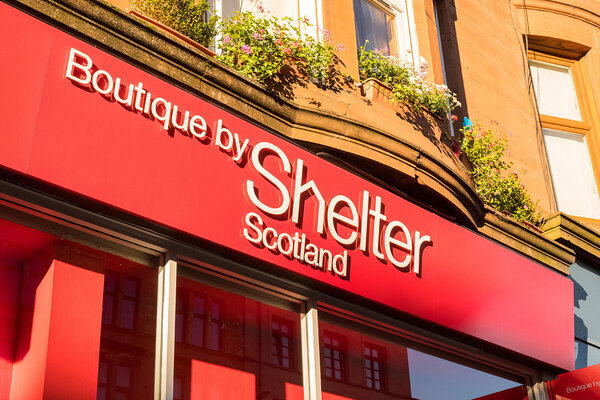You are viewing 1 of your 1 free articles
Households in temporary accommodation up 8% at start of 2021
The number of households in temporary accommodation in England at the start of 2021 was 8% higher than the previous year, official figures show.
Homelessness statistics published by the government today reveal there were 95,370 homeless households in temporary accommodation at the end of December. This is 7,060 more than at the end of 2019 – a rise of 8%.
The increase was driven by a 45% surge among single-adult households to 28,570, while the number of households with children in temporary accommodation fell by 4.6% to 59,670.
Polly Neate, chief executive of housing charity Shelter, said the past year has been “atrocious” for homeless families.
Despite government measures to protect renters, such as six-month notice periods for most tenants and a ban on bailiff-enforced evictions, 62,250 households were assessed by their councils as being homeless or threatened with homelessness between October and December.
This figure is only 9.2% lower than for the same period in 2019.
There was a marked drop of 49.9% in the number of households identified as being threatened with homelessness due to being served a ‘no-fault’ Section 21 eviction notice compared with the previous year.
This drop contributed to an 18.5% fall in the number of households being assessed by their local authority as needing help to prevent them becoming homeless to 28,270.
But the number of households assessed as already homeless and so owed a relief duty rose 0.5% to 33,990 – although the figure for households with children fell 13.8%.
In addition, 9,670 households were identified as being homeless and in priority need who did not secure accommodation in the prevention or relief stage, down 5.3% from October to December 2019.
Again, the number of affected households with children in this group fell by 13.6%.
The government said the sharp rise among single-adult households and drop in families with children in the statistics can be linked to the Everyone In scheme to provide emergency accommodation for rough sleepers during the COVID-19 pandemic, as well as the other renter protections.
One in six households living in temporary accommodation at the end of last year were either in B&Bs or hostels.
Ms Neate said: “The economic impact of the pandemic has exposed the true cost of decades of failure to build the social homes we need.
“More than 60,000 households were tipped into homelessness last winter – even with the eviction ban.
“In just over a month, the ban on evictions is going to lift and even more struggling families could be faced with the same fate.”
Sign up for our homelessness bulletin
Already have an account? Click here to manage your newsletters
